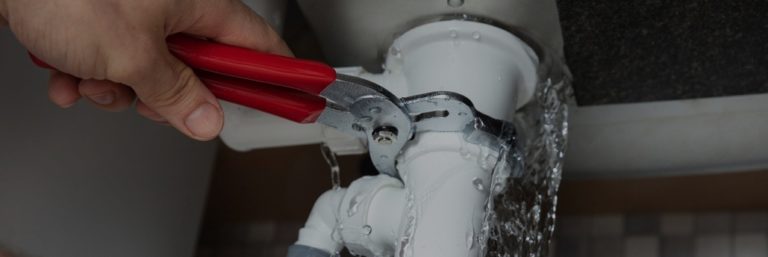6 Ways to Find Hidden Water Leakages in Your Residence
6 Ways to Find Hidden Water Leakages in Your Residence
Blog Article
Just how do you actually feel on the subject of Finding hidden leaks?
.jpg)
Early discovery of leaking water lines can minimize a possible catastrophe. Some tiny water leakages may not be noticeable.
1. Check Out the Water Meter
Examining it is a guaranteed method that aids you discover leaks. If it relocates, that indicates a fast-moving leak. This means you might have a slow leak that could also be underground.
2. Check Water Intake
If you detect unexpected changes, regardless of your consumption being the exact same, it implies that you have leakages in your plumbing system. An abrupt spike in your costs shows a fast-moving leakage.
At the same time, a steady increase monthly, even with the very same routines, reveals you have a sluggish leakage that's additionally gradually escalating. Call a plumber to thoroughly check your home, especially if you feel a cozy location on your flooring with piping beneath.
3. Do a Food Coloring Test
When it comes to water usage, 30% comes from commodes. If the shade in some way infiltrates your bowl throughout that time without flushing, there's a leak in between the tank as well as dish.
4. Asses Outside Lines
Do not neglect to check your exterior water lines too. Needs to water leak out of the link, you have a loose rubber gasket. One tiny leakage can lose tons of water and spike your water costs.
5. Examine the situation and evaluate
Homeowners need to make it a habit to examine under the sink counters as well as even inside cabinets for any kind of bad odor or mold and mildew development. These two warnings indicate a leak so punctual focus is required. Doing regular inspections, also bi-annually, can save you from a significant trouble.
Check for stainings as well as weakening as the majority of pipelines as well as appliances have a life expectancy. If you presume leaking water lines in your plumbing system, do not wait for it to escalate.
Early detection of dripping water lines can reduce a possible catastrophe. Some little water leaks might not be noticeable. Inspecting it is a proven way that aids you discover leaks. One little leak can throw away lots of water and also surge your water costs.
If you believe leaking water lines in your plumbing system, don't wait for it to rise.
5 Signs that Your Home Has a Hidden Leak
Your water bill is unusually high without explanation
Generally, your water bill tends to stay consistent throughout the year as long as the same number of people live in your household year round. The bill might be higher during certain times of the year, such as summer, when your lawn may require more watering than it does in cooler months. However, if you notice a rise in your water bill that you can’t explain, it’s an indicator that there’s a hidden leak somewhere in your home.
You hear running water
One of the biggest signs that you have a water leak is the sound of rushing water when no plumbing fixtures are on and when no water-using appliances are running. If you hear running water in your walls when no water is being used anywhere in your home, locate your home’s main water shut-off valve, shut off your water supply, and contact a plumber at once.
Your home smells musty
Hidden leaks often occur in dark spaces, such as behind walls or under carpeting. Incidentally, darkness and moisture can create an ideal breeding environment for mold or mildew. If you start to smell mildew or the scent of rotting wood or stagnant water around your home, it’s a fair bet that a leak is the culprit.
You find wet spots around your home
The wet spots usually show up as moist areas in your carpeting. If your home has a basement level, puddles on the floor could indicate a slab leak. Outside, unexplainable puddles or lush, green patches in your yard often mean that there’s a leak in your sewer line or main water line.
You have stains, bubbles, or condensation on your walls/ceiling
Stains or condensation on your walls or ceiling are both major signs of a hidden leak. Also, drywall (AKA. sheetrock) is very absorbent, and as it takes on more water from a leak behind a wall, it will start to bubble, swell, or warp. If you see this happening in your home, don’t wait to contact a plumber before the water damage spreads.
https://www.ezflowplumbingaz.com/blog/2019/june/5-signs-that-your-home-has-a-hidden-leak/

I am very fascinated with Detecting hidden plumbing leaks and I really hope you enjoyed reading the entire blog posting. Do you know another person who is in the market for the subject? Please feel free to share it. Many thanks for going through it.
Report this page